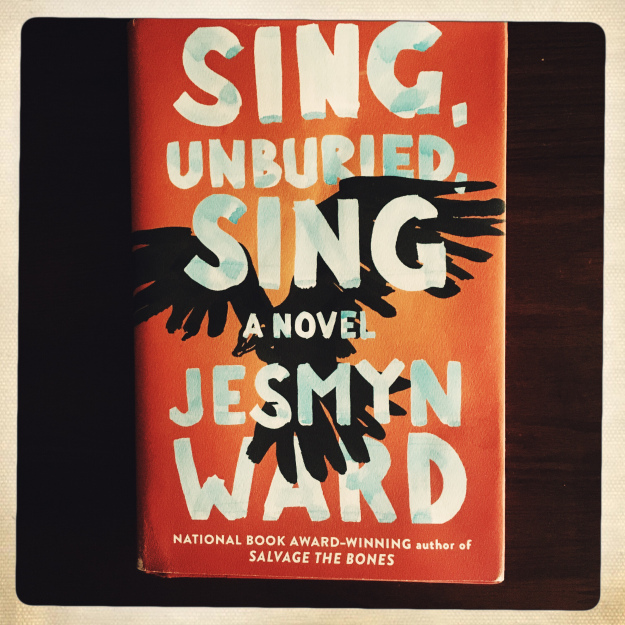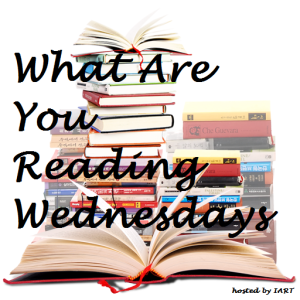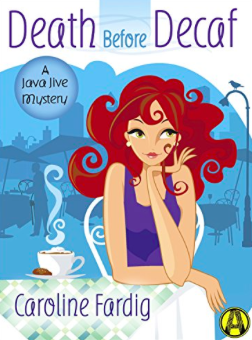I finished four books in the first week of 2018, a fact that’s a little less impressive given that I’d already read 2/3’s of one and 1/2 of another and that one of them was a slender volume of poems. And Shakespeare? The text is limited to the facing pages, so that went fast, too. Also: I tend to be terrific out of the gate, flag at the mid-range and die towards the end. The real test for this challenge (#theunreadshelfproject2018) will be mid-summer and fall.
 Jesmyn Ward’s book, “Sing, Unburied, Sing” has everything (except sex): addiction, death, redemption, a road trip, one character’s coming of age, parenting (both deficient and exemplary), prison and release, the long shadow of slavery, and ghosts.
Jesmyn Ward’s book, “Sing, Unburied, Sing” has everything (except sex): addiction, death, redemption, a road trip, one character’s coming of age, parenting (both deficient and exemplary), prison and release, the long shadow of slavery, and ghosts.
Set in contemporary Mississippi, the story features three generations and centers on themes of caregiving, racism, and secrets. There are acts of self-destruction and acts of mercy. The author also takes an interesting look at the porous line between death and life.
The elders, who are both African Americans, take care of their two bi-racial grandchildren. Their drug addicted daughter, Leoni, drives north to pick up her white husband, who’s about to be released from Parchman Prison. Leoni gathers up her 13 year old son, her toddler daughter, and a friend for the drive. That journey parallels two others that are happening simultaneously: the journey of her cancer-ridden mother toward death and that of her son, who approaches adulthood by grappling with the harsh truths around him, some of which have previously been secret.
I can tell you without spoiling too much that the novel features two ghosts. Early on, we learn that Leoni’s brother was “accidentally” killed by her husband’s cousin (we are meant to see it otherwise). She can see her brother’s ghost, but only when she’s high, a fact that made her addiction both more complicated and understandable. The other ghost appears to her son during the drive to Parchman. He is a former inmate and will be instrumental in releasing a long-held secret of Leoni’s father.
The 13 year old boy is a better caretaker of his sister than their mother, something that causes Leoni no end of defeated bitterness. The scenes of mother lashing out in frustration are rendered well and, for obvious reasons, hard to take. We see one of the costs of drug abuse up close and personal.
The author shifts point of view by chapter so that we get different perspectives throughout, but every chapter features haunting, gritty, and lyrical prose.
⭐️⭐️⭐️⭐️⭐️

 To follow Jesmyn Ward’s book with a slave narrative made for powerful and damning echoes. [Trump’s “shithole countries” comment came two days ago, so there is no escaping the specter of white supremacy these days, said a person with white privilege].
To follow Jesmyn Ward’s book with a slave narrative made for powerful and damning echoes. [Trump’s “shithole countries” comment came two days ago, so there is no escaping the specter of white supremacy these days, said a person with white privilege].
One of the most startling parallels between Ward’s novel and Northup’s narrative can be found in the labor scenes. It was shocking but not shocking that the field work scenes depicted at Parchman Prison were barely distinguishable from those of a plantation (think: patrollers and dogs; unpaid labor. Think: Ava DuVernay’s “The Thirteenth”).
Both Ward’s novel and Solomon Northup’s story contain details of racially animated violence almost too awful to bear.
I won’t go more into the slim and eloquent “Twelve Years a Slave” because I imagine many of you have seen the film, except to say this : reading the narrative is very worthwhile even if you’ve seen Steve McQueen’s movie. To hear the words of this free black is powerful. To slow down and see the world through his eyes, also powerful.

Also read: A Midsummer Night’s Dream and an issue of the literary journal, Rattle.
Share this:- Share





